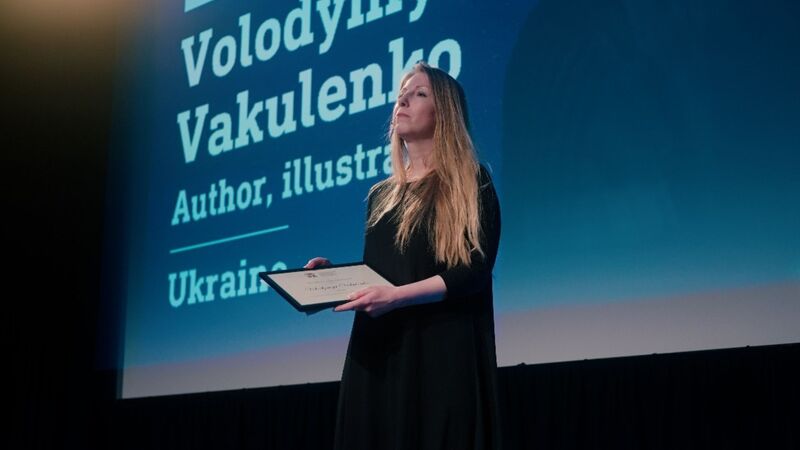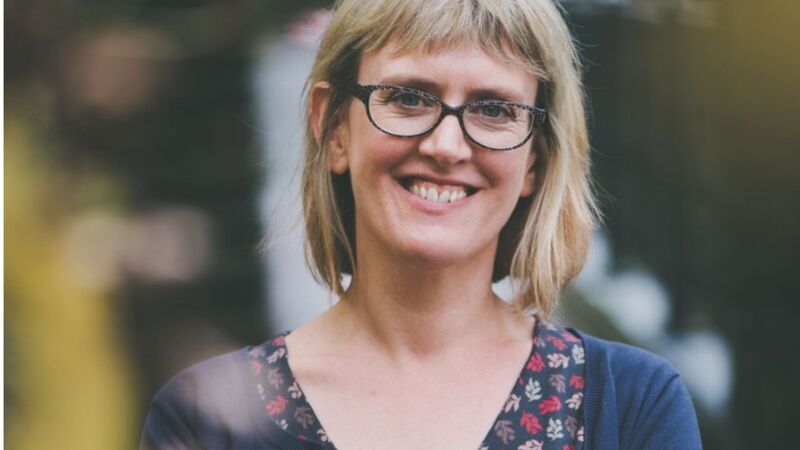You are viewing your 1 free article this month. Login to read more articles.
Agents warn publishers to 'think carefully' on delaying author payments
“Many” requests have been made by publishers about the possibility of delaying payments to authors to help improve cashflow in the difficult circumstances caused by Covid-19, it has emerged.
On top of lost sales in the current climate, and the slew of event cancellations already dealing a blow to authors, the Society of Authors reported members have been “pressured to renegotiate contracts or told that royalty payments will be paid late following the crisis” in a letter to the Chancellor seeking to widen the criteria for income support for authors.
Although the SoA has made clear that “authors should continue to be paid in accordance with their contracts”, Isobel Dixon, Association of Authors Agents president, further told The Bookseller: “Agents and their author clients are receiving many requests and queries from publishers about delaying payments of all kinds, from royalties due on sales already made months ago, to staged payments of contractually committed payments, and potential changes regarding the approach to new deals.”
Dixon continued: “We understand the difficulties of the situation in the publishing ecosystem, especially the impact of closures on high street book chains and the independent bookselling sector, and the domino effect that has. Every part of the chain faces its own challenges, but as companies work out their own plans in response, we do well to remember that our entire industry exists because authors are producing their brilliant creative work—stories that we see people reaching even more avidly for in these difficult times. Authors, who have seen their earnings eroded for decades, are now faced with their own Covid-19 challenges—and possibly also cliff-face crises—and some may encounter drops in income on many fronts at once.”
Clare Alexander of Aitken Alexander said one publisher had told her it cannot pay royalties until September: “In that case, we notified the only author concerned, and we have accepted the situation since, frankly, there is not an alternative and we want them [the publisher] to survive.”
Publishers moving publication dates is another “more prevalent” issue, said Alexander, explaining it “will obviously mean delays in publication advances in most cases too”. Dixon concurred: “We are seeing the bulk of mid-year publication dates moved later as well, which can result in delay in expected payments (depending on contracts, and the timing since delivery and acceptance in the case of first format, or since initial publication in the case of paperbacks).”
Recognising the extra strain imposed on all parts of the trade currently, agents have been understanding but naturally protective of their authors’ interests.
Agent Lorella Belli said the priority must be “making sure that in the long run authors get paid, because they don't have the same safety net that the government is offering publishers”.
Lizzy Kremer of David Higham Associates highlighted the importance of helping the whole book publishing ecosystem to thrive but stressed any such requests made by publishers of their authors must be “selective and thoughtful”.
“It is good if publishers are able to extend more generous credit terms to suppliers such as printers and booksellers because we need the whole book publishing ecosystem to thrive in these tricky times. And it makes sense for publishers to ask their most profitable authors to defer receipt of advances or royalties by a few months in order to accommodate their cashflow needs. Where authors can afford to do so, many of them are glad to,” said Kremer. “But many other authors are struggling financially with less access to government support than those of us paid monthly salaries, so I would hope publishers would be selective and thoughtful in their approaches to authors and try to tailor their requests and arrangements to their authors’ needs.”
She added: “as agents we are also keen not to see a diminishment in royalty levels or in contractual terms, which protect all authors in the best and worst-case scenarios. We would be worried to see any further moves towards low-price low-income models such as subscription platforms or lots of cut-price special sales deals also—authors and agents want to defend and promote independent booksellers and major bookselling chains including the supermarkets first and foremost. Anything that helps to do that is well worth trying for those who can afford it.”
Curtis Brown agent Gordon Wise was vehemently opposed the deferment of royalties: “I always think of these things in terms of risk: publishers spreadbet, agents do to a certain extent depending on how big their business is, but at the apex of the pyramid you’ve got the author and all they have got is their book contract and their income from that. They haven’t got anything to shuffle around and they usually have multiple home obligations. I feel with royalties that is money earned, this is money that was earned back last year and has been accruing in returns. That is already owned by the author, it is just a question of when it is passed over... It’s not the company’s money, the publisher has collected that money on behalf of the author and is obliged to pass it over.
“It would be tragic if a publishing company had to fold, but if it did with the author’s money inside that company, that wouldn’t be right either.
“In terms of moving publication dates, there are usual contractual arrangements that a certain amount of money is passed over on publication or 12 months from publication. So we would always refer to the contract first. We would also have to agree to what was already contracted and that might be on a case-by-case basis. We’ve got books that are moving from May or September, and if there was a hardship case, we would have a conversation with the publisher. If it was moving beyond 12 months, we’d have to have a very careful conversation if that was the right thing. And I hope publishers are sophisticated enough with their cash flow to think carefully rather than try to impose some kind of dictat.”
On the heels of the SoA’s recent survey, revealing writers are unlikely to be covered by the government’s coronavirus financial support schemes and are being badly hit by the cancellation of events, Dixon urged publishers to “think very carefully and ethically" about any requests put to authors regarding delayed or staged payments.
“Authors are working incredibly hard in lockdown mode, adapting to producing more online content and appearing at virtual festivals, but we know that these virtual arenas don’t function as sales drivers at the same level as in-person events and signings do. With this, Amazon temporarily de-prioritising books, a shuttered high street, and companies trying to play catch-up on the online deliveries of books to buyers, we will see a drop across royalties ahead. With expected income spaced far apart in normal times anyway, many writers simply have no cushion when an advance payment or expected royalty does not materialise on time, and they know there is belt-tightening ahead as well.
“Each author case is individual and I would urge publishers to think very carefully and ethically about any requests to or pressure on authors regarding delayed or staged payments. Blanket edicts about delays or slashing cuts to expected payments are not a way to foster the good relationships that lie at the heart of successful publishing. Authors should not bear the brunt of this, and any emergency measures that might be agreed in individual cases should not seep into general practice in the future.”
But many publishers have also been going above and beyond for their authors, in spite of and precisely because of the circumstances, Joanna Swainson of Hardman & Swainson hastened to point out.
“Almost all royalties have been paid on time so far, even if there was a small delay in receiving some royalty statements,” Swainson said of her own experience. “The issue of paying a publication advance came up for one of my authors when a publication was postponed, but the publisher offered to pay it on the scheduled publication date anyway, which was reassuring. Generally we’re finding that publishers are going out of their way to make sure that authors get paid and that they’re publishing as best they can in tricky times.
“In the current climate, I think we all have to be understanding. Most authors being published now and over the next few months are going to be affected one way or another, financially and/or in other ways. Obviously some publishers will weather this better than others, and hopefully no publishers are using the lockdown as an excuse not to pay if they genuinely can. But we don’t know from one day to the next what the next change of circumstances to hit the industry will be and we’re all trying to manage the best we can in such uncertain times. While our concern is first and foremost for the authors we represent, I do believe that goes for publishers too."
Nicola Solomon, chief executive of the SoA, commented: “authors are, of course, very concerned at the supply difficulties and lost sales owing to the coronavirus crisis. As individuals most cannot absorb any such losses and are reliant on royalty payments. Publishers need to remember that 'advances' are usually only payable after months or years of sustained work on the book has already taken place.
“Many authors already run the risk of falling between gaps in the government’s financial support schemes, which we outlined in our detailed letter to the Chancellor. Authors should continue to be paid in accordance with their contracts. We’ve published guidance on our website, which is free to both members and non-members. It’s important though that members contact our team of advisers about their own circumstances as each case will differ commercially and contractually.
“Authors are, however, equally concerned about maintaining a viable and diverse publishing industry following the crisis and we will continue to lobby the government for more support for smaller and independent bookshops and publishers and to work with the PA to press for support measures across the industry.”

















